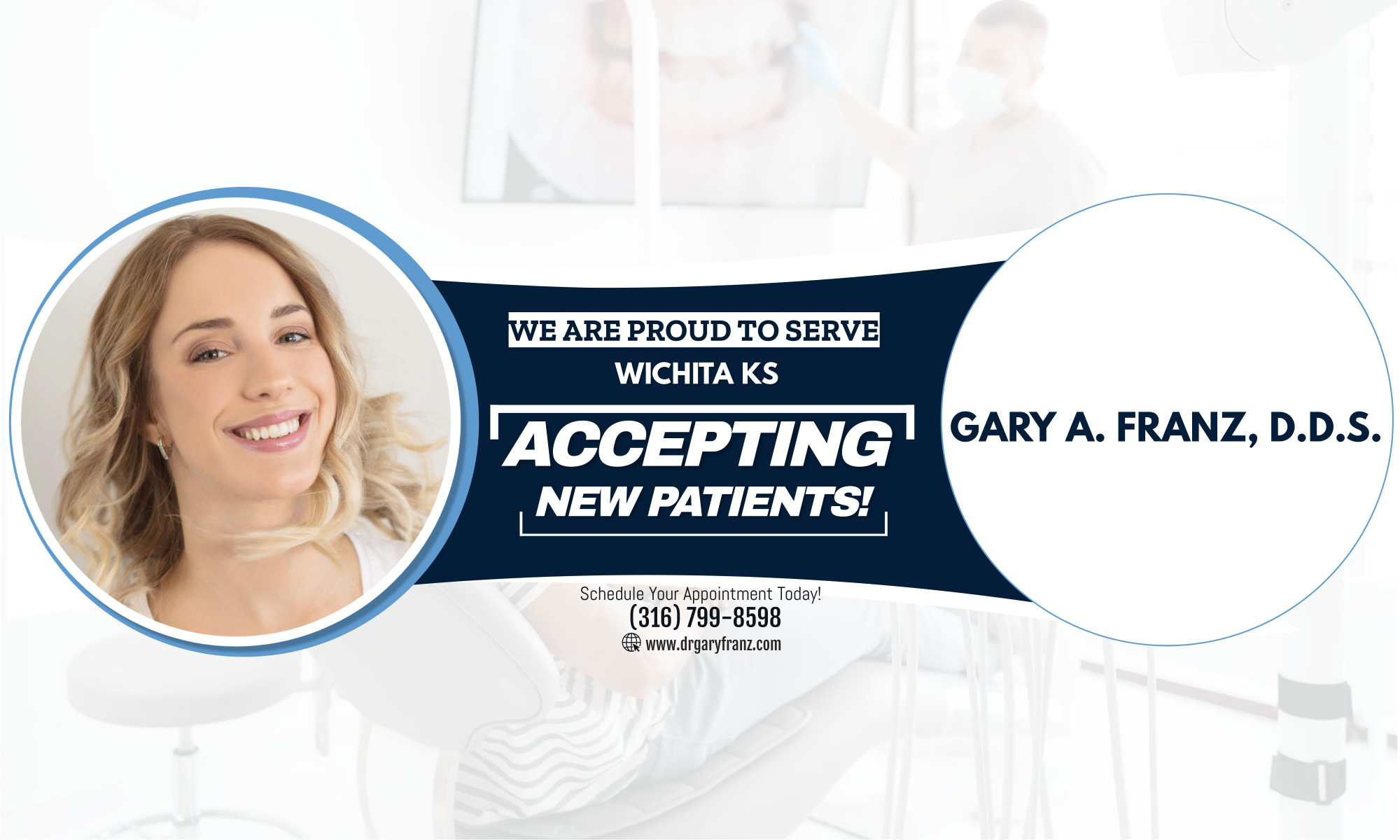If you’re missing one or more teeth, it probably affects your smile and you may also notice a difference in chewing and speaking.
But there are options available to help you restore your smile and limit other problems.
For example, a bridge – sometimes called a fixed partial denture – replaces missing teeth with artificial teeth.
Bridges help maintain the shape of your face, as well as reducing the stress in your bite by replacing missing teeth.
They literally bridge the gap where one or more teeth may have been previously.
The restoration can be made from gold, alloys, porcelain or a combination of these materials and it is bonded onto surrounding teeth for support.
Bridges can be removable so that you can take them out and clean them or fixed and so can only be removed by a dentist.
An implant bridge attaches artificial teeth directly to the jaw or under the gum tissue.
Your dentist will recommend which approach is best for you.
Whatever type of bridge you choose, its success depends on its foundation. So it’s very important to keep your remaining teeth healthy and strong.
